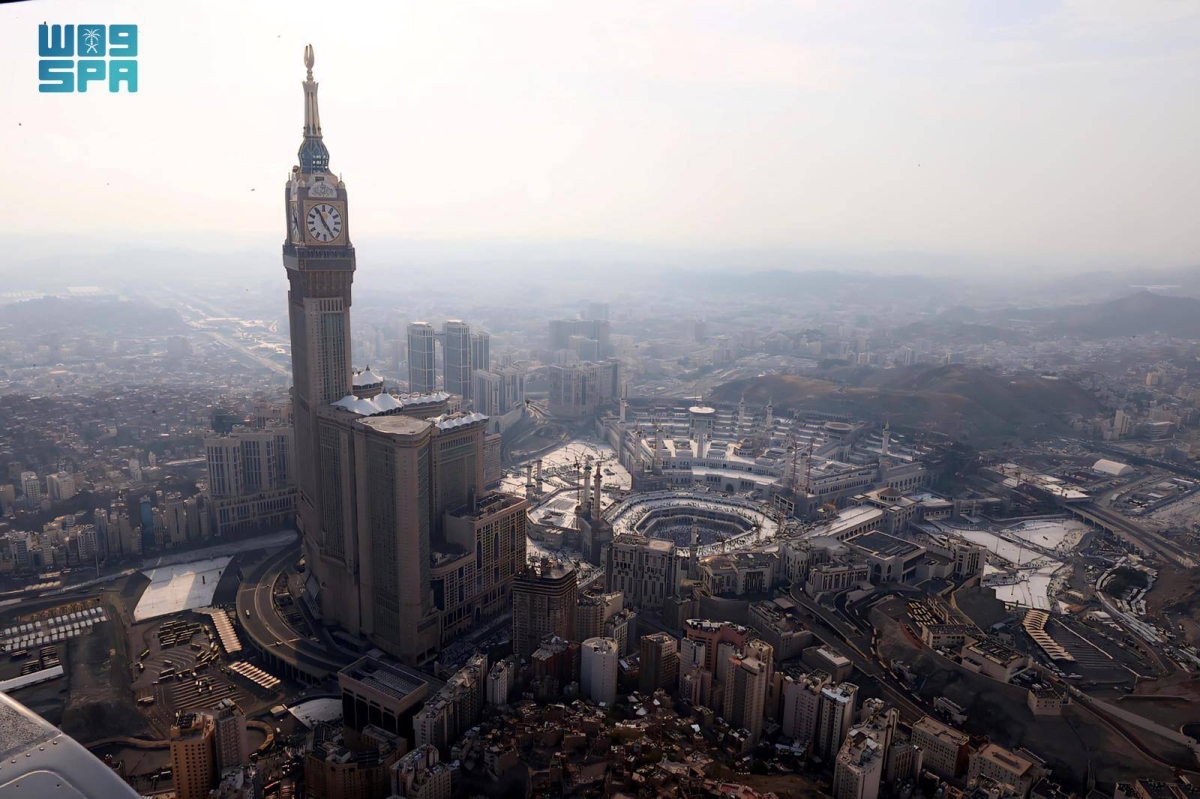The Holy Capital Municipality has called on all property owners and business operators in Mecca to correct the status of their commercial and industrial activities, update property records, and modify activity statuses through the “Baladi” platform, in accordance with the Real Estate Identity Registration System. This includes building permits, licenses for operating workshops, warehouses, salvage yards, blacksmithing, carpentry, and aluminum workshops, as well as land fencing permits. These efforts are part of ongoing measures to regulate land use and ensure full compliance with municipal regulations.
The Municipality emphasizes that those without construction permits must submit requests to demolish or remove buildings or correct their status in accordance with approved regulations. Owners of unlicensed facilities must urgently rectify the status of their commercial and industrial activities.
The Municipality stresses that it will proceed with closing and removing facilities operating outside their designated zones, such as showrooms, workshops, warehouses, carpentry, and blacksmithing workshops, to preserve urban planning, public health, and safety, in line with approved development plans.
The Municipality once again urges all citizens and relevant entities to promptly comply with these measures to avoid regulatory violations and support efforts to develop a safe and organized urban environment.
Mecca
Mecca, located in Saudi Arabia, is the holiest city in Islam, as it is the birthplace of the Prophet Muhammad and the site of the Kaaba, the most sacred shrine in Islam, which Muslims face during prayer. Historically, it was a major trade and religious center even before Islam, but its significance grew exponentially in the 7th century when Muhammad declared it the spiritual focal point of the Muslim faith. Today, millions of Muslims perform the Hajj pilgrimage to Mecca annually, fulfilling one of the Five Pillars of Islam.
Baladi platform
The Baladi Platform is a digital initiative in Egypt designed to promote local governance and community participation by providing citizens with a platform to report issues, access public services, and engage with authorities. Launched as part of government efforts to enhance transparency and civic engagement, it reflects Egypt’s push toward digital transformation and decentralized governance. The platform aims to bridge the gap between citizens and local administrations, fostering accountability and grassroots development.
Real Estate Identity Registration System
The **Real Estate Identity Registration System** is a modern administrative framework used to record and manage property ownership and transactions. It typically involves digital databases that track land titles, ownership history, and legal rights to prevent fraud and ensure transparency. Such systems have evolved from traditional land registries, with many countries adopting electronic platforms to improve efficiency and security in real estate dealings.
building permits
“Building permits” are not a specific place or cultural site but rather legal documents or approvals required for construction, renovation, or demolition of structures. Historically, building regulations date back to ancient civilizations, such as the Code of Hammurabi (circa 1754 BCE), which included rules for construction safety. Modern permit systems emerged in the 19th and 20th centuries to standardize safety, zoning, and environmental compliance in urban development.
workshops
Workshops are spaces or facilities where skilled artisans, craftsmen, or laborers create, repair, or manufacture goods, often using specialized tools and techniques. Historically, workshops have been central to trade and innovation, dating back to ancient civilizations where they produced everything from pottery to metalwork. Today, they remain vital in industries, education, and traditional crafts, preserving hands-on skills in an increasingly automated world.
warehouses
Warehouses are buildings used for storing goods, often historically linked to trade and commerce. Many old warehouses, such as those in ports or industrial areas, date back to the 18th or 19th centuries and reflect architectural styles of their time. Today, some have been repurposed into offices, apartments, or cultural spaces while retaining their historical character.
salvage yards
Salvage yards, also known as junkyards or scrap yards, are facilities where discarded vehicles, machinery, and metal items are collected, dismantled, and recycled for parts or materials. They became prominent in the early 20th century with the rise of the automobile industry, offering cost-effective solutions for repairs and recycling. Today, salvage yards play a key role in sustainable waste management and the circular economy by reclaiming usable materials and reducing landfill waste.
blacksmithing
Blacksmithing is the ancient craft of forging metal, primarily iron or steel, into tools, weapons, and decorative items using heat, hammers, and anvils. Dating back thousands of years, it played a crucial role in agricultural, industrial, and artistic development across civilizations. Today, it is preserved as both a functional trade and a traditional art form, with modern blacksmiths blending historical techniques with contemporary creativity.





